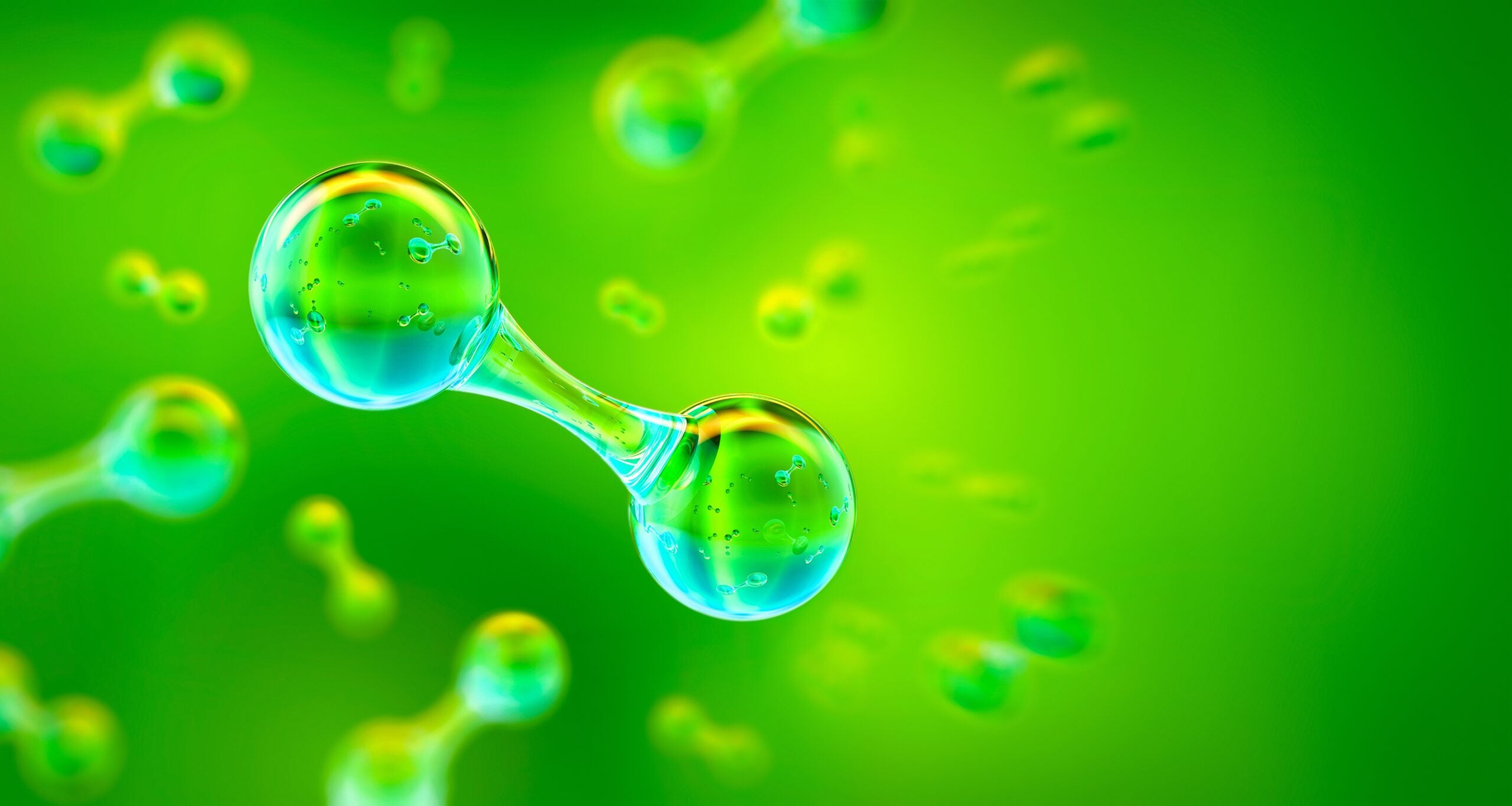
India’s minister for power and renewable energy has stated that the country will impose trade barriers on green hydrogen as a response measure.
The announcement follows reports last week that India had raised issues with Germany over the latter’s green hydrogen tender. Indian industrial producers found the conditions of the tender “restrictive”. Reuters was informed that the tender required green hydrogen producers to be located less than 500km from the renewable energy plant from which they draw power.
“Some countries are putting barriers on green hydrogen. If they are putting up barriers we will also put up barriers, then you will be losing out on our market,” said Raj Kumar Singh, India’s Minister of Power and New & Renewable Energy, while speaking at the International Conference on Green Hydrogen (ICGH 2023).
“Barriers are not good if you want to achieve global net zero in time,” Singh later added. India’s current aim is to achieve net-zero carbon emissions by the year 2070.
In February, the EU announced new rules governing hydrogen, both domestic and imported, outlining the steps necessary for green hydrogen to be termed as “renewable”. Energy Monitor reported that hydrogen-producing electrolysers must be powered by new renewable electricity sources to count as renewable. This means that these electrolysers cannot take power from the grid beyond “additional” amounts that would otherwise be unused.
India has recently been encouraging domestic green hydrogen production. In April, the government announced that it would cover up to 10% of the operating costs of green hydrogen production for participating companies. It currently costs $3.6 (Rs300) per kilogram to produce the renewable energy source, which is also important in the production of clean steel.

US Tariffs are shifting - will you react or anticipate?
Don’t let policy changes catch you off guard. Stay proactive with real-time data and expert analysis.
By GlobalDataAmong India’s most prominent green hydrogen producers will be the ACME group. In June 2022, the India-based renewables company signed a memorandum of understanding to invest Rs520bn to build 1.2 million tonnes of annual green hydrogen productive capacity.



